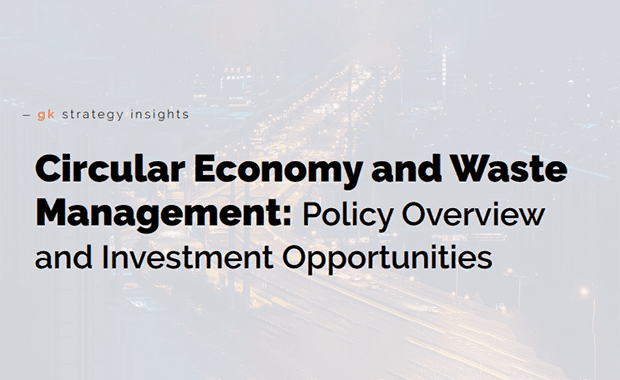GK consultants Lavinia Troiani and Sam Tankard evaluate the Foreign, Commonwealth & Development Office’s capabilities in the post-Covid era
Since the 2020 merger of the Department for International Development (DfID) and the Foreign and Commonwealth Office (FCO) into the new Foreign, Commonwealth and Development Office (FCDO), there have been questions about how this would allow the Government to deal effectively with both global development and foreign affairs challenges. With the FCDO repeatedly coming under fire for underperforming across many fronts of its vast remit, one can be led to believe that the new super-department may not be properly equipped to deal with the full range of development, diplomatic and security challenges.
Leaving aside the fact that the merger happened in the midst of the COVID-19 pandemic, which seems to have complicated some of the more practical elements of the unification, one could start looking at the fundamentally different aims of development policy and foreign policy. It could be said that development and foreign affairs are two sides of the same coin but are, in fact, two very different issues, and each requires a specific approach. Development policy is historically based on long-term decision-making and planning which, at its simplest, focuses on projects and initiatives designed to improve the lives of communities for generations to come. On the other hand, foreign policy traditionally is preoccupied with short-term crises, which need quick resolution, such as the recent and widely ridiculed Afghanistan evacuation which, incidentally, is arguably the clearest demonstration of the new department’s inability to successfully cover development and conventional foreign affairs issues at the same time.
The competing aims are generating some tangible obstacles. The machinery of government change indicates this was very much an FCO takeover of DfID which had practical difficulties of two sets of departments struggling to work harmoniously. The resulting relative deprioritisation of development, in practice, has led to former DfID staff feeling demotivated, as they are having to cut development programmes to make way for foreign affairs initiatives. The department is subsequently haemorrhaging skilled development staff, and therefore compounding the FCDO’s inability (or unwillingness) to prioritise tangible development goals.
The FCDO’s priorities can be seen in the recently published International Development Strategy. The Strategy revisits the UK’s approach to international development in light of a renewed geopolitical contest for influence and is threatening the principles of free markets, free speech, and shared technology. It focuses on aspects of investment, humanitarian assistance and green priorities. Compared to previous International Development strategies, this new strategy demonstrates a policy shift towards trade and economic relationships with developing countries as the Government looks to position the UK as outward-looking in a post-Brexit world. This consolidates the movement from the usual development projects that involve aspects such as improving health, increasing vaccines’ availability and providing clear water, whose objectives and aims are ‘on the ground’ and easily quantifiable, to a more influence and soft power-based approach, which is increasingly aligned to a conventional foreign affairs approach, rather than a development programme.
Funding remains an issue for any department. Under its UN commitment, the UK should spend 0.7% of its Gross National Income (GNI) on Overseas Development Assistance (ODA). However, due to economic pressures caused by the pandemic, the Government announced in 2021 that this value would drop to 0.5% of GNI. Whilst the Government did announce at the last Budget that by 2024-2025, the spending on ODA will go back to 0.7% of GNI, the looming risk of a recession may delay this further.
Of course, the most imminent challenge that, for some, will ‘make or break’ the FCDO is the current conflict in Ukraine. Following the FCDO’s disastrous handling of the Afghanistan withdrawal, attention will be on its response to Ukraine which not only has a tangible foreign policy element in protecting national security, but the more human element of the resultant refugee crisis. With the Home Office already facing criticism for its approach to Ukraine refugees, only time will tell how effective the far-from aligned FCDO will be in stepping up to the most significant foreign affairs and development challenge of the century so far.
For information about foreign, defence, and development policy direction get in touch with sam@gkstrategy.com or lavinia@gkstrategy.com






